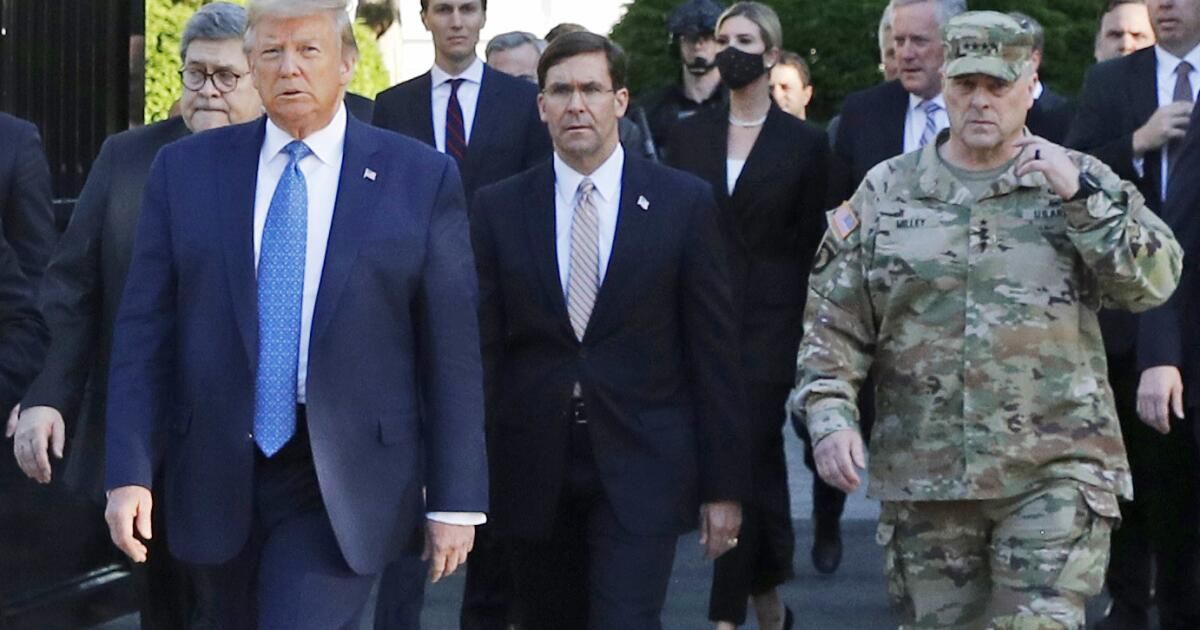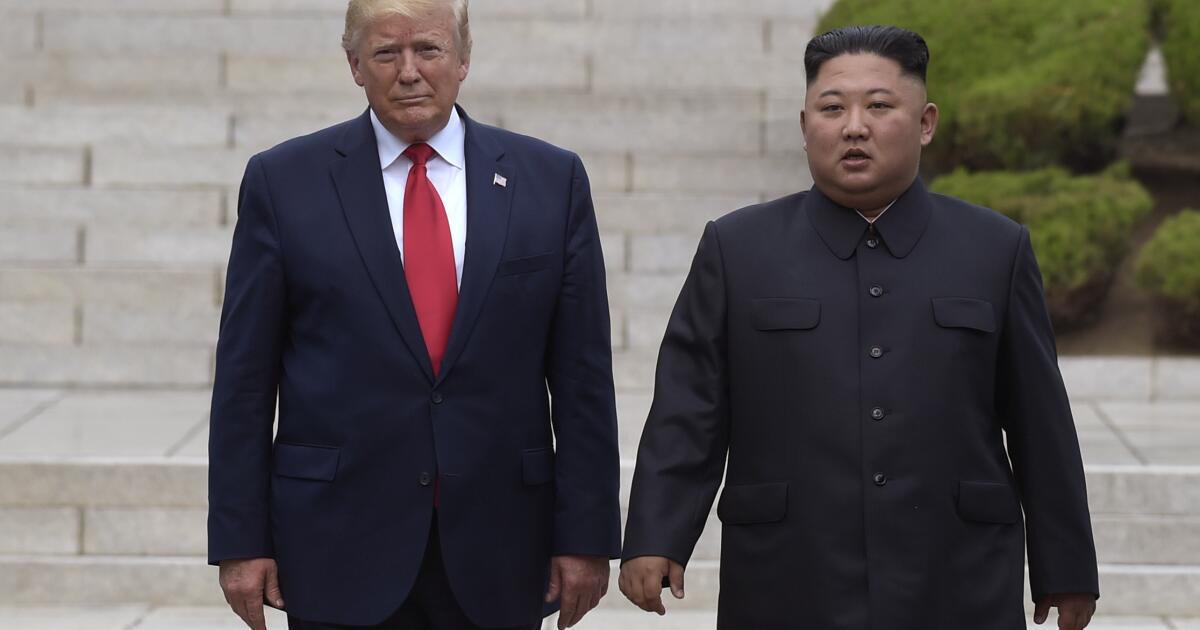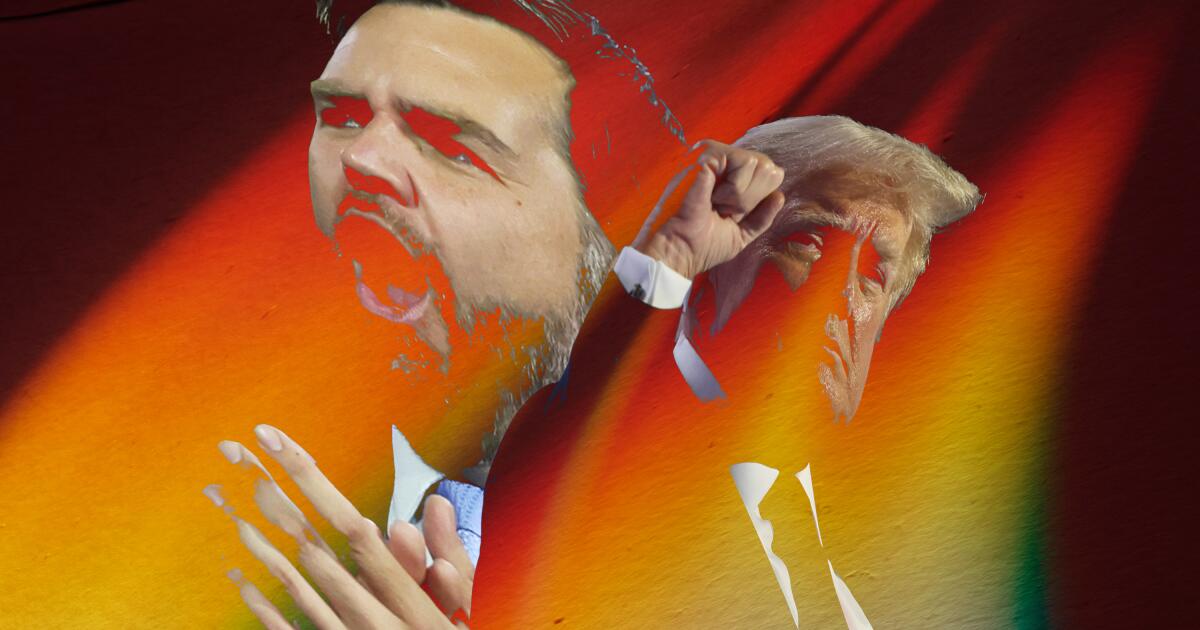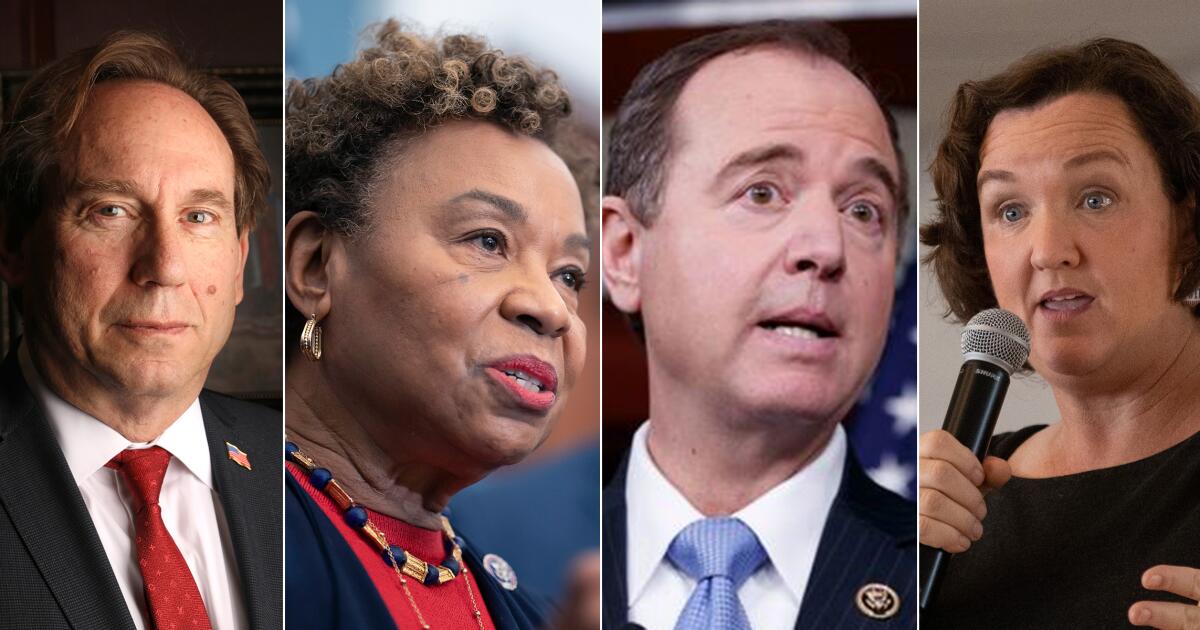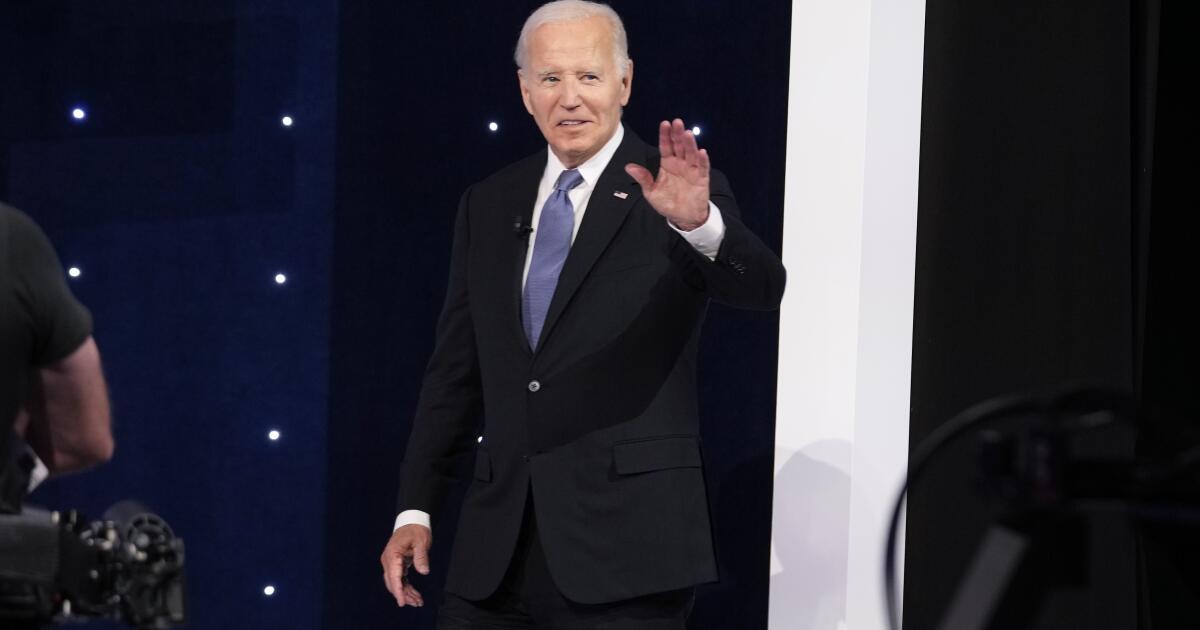When I was an officer in the US Army, I abstained from voting in the national electionsa small way to keep the military nonpartisan. Now, to uphold that same value and prevent the military from becoming a political tool, I think in November everyone, civilians, military, veterans, all — should vote for whoever has the best chance of keeping Donald Trump out of office.
This is not a political statement, but a strategic judgment based on the ability to lead, both to defend America and to protect the civil-military balance that has enabled our nation to become the greatest in history.
The US military is today the most powerful weapon in the world and, in the wrong hands, it could also become a powerful political tool. This weapon should not be placed under the command of an incompetent commander-in-chief, as the former president proved to be during the previous administration and as he has promised to be again if he regains power.
I am neither a Democrat nor a Republican, but an American who has fought in the forces that protect our country and our way of life, in the words of our military. code of ConductI fought in Iraq, earned two Bronze Stars, and taught military strategy at West Point. My commitment to military values and nonpartisanship has not changed since I returned to civilian life. What has changed is the choice presented in American politics. There really isn't one, because one of the two major-party presidential candidates is clearly, demonstrably, hopelessly unfit to serve as commander in chief.
Only one candidate has suggested the execution from a former chairman of the Joint Chiefs of Staff.
Only one candidate has called out our war dead, specifically, the Marines who fell at Belleau Wood in France during World War I. “fools” and “losers”.
Only one candidate has suggested putting NASCAR drivers and college coaches in critical national security positions now held by lifelong military professionals serving as generals and admirals.
These are all pretty horrible.
But what settles the issue entirely is the certainty that former President Trump would end the military’s fundamental contract with the American people: nonpartisanship. He tried it last time and came dangerously close to succeeding.
Nonpartisanship is not just a nice tradition. It is the two-factor authentication that has been at the heart of our nation's defense for decades. The former president, by contrast, wants a military leadership that mimics the Nazi high command.
“Shitty generals, why can’t they be like the German generals?” Trump complained to his chief of staff, retired Gen. John Kelly, in 2018. Trump clarified that he wanted Generals who were “totally loyal” and “similar” to the Nazi commanders under Adolf Hitler.
Since the founding of the United States, there has been a tension between the military and the rest of the nation's leaders. The monopoly on violence is necessary, but the monopoly means putting immense lethal power in the hands of a small, select group.
James Madison concerned that “armies maintained under pretense of defense have enslaved the people.” But the Revolution convinced George Washington that a competent standing army was necessary for the country’s survival.
Over time, an agreement was cemented. The United States allowed a professional military, loyal not to a party or a president but to the entire people through an oath to defend the Constitution. The country even conceded some autonomy in strategic matters. In return, the military would remain impartial. It would work to earn the nation's trust and be subordinate to civilian leadership. Military leaders engage in an “unequal dialogue” with their civilian superiors, as scholar Eliot Cohen puts it. phraseThis preserves the best possible military advice while maintaining respect for America's civilian leaders. Of course, there are occasional frictions between presidents and generals, which are well worth the effort to maintain this pillar of national defense.
Trump wanted to destroy that pillar. If given a second term, he probably would. Instead, he would impose a subservience that would end the ability of the US military to offer its best (or almost no) advice on peace and war. Trump would use the military as a political prop in the service of his own brand, as he himself says. already tried And he would reform the military and national security apparatus so that Trumpists would rise and others would not. His second term would be made up of those Ready for “rigorously review all promotions of generals and senior officers” based on pro-Trump partisan ratings, as outlined in the Project 2025 manual.
This very mistake was a huge Nazi failure: Hitler broke the German generals, and so his decisions went unchecked and included some of the worst strategic moves in the history of warfare.
The immediate threat from a modern commander-in-chief who favors the Nazi approach would be the inappropriate use of military force against The streets of America (and perhaps even in polling places) The long-term threat from this kind of recklessness is unknowable but foreseeable: eroding any remaining trust in the military, destroying the civil-military balance, and ending America's centuries-long success story.
“It is easy to destroy an organization,” wrote Retired Admiral William McRaven, former commander of U.S. Special Operations Command, said, “If you don’t consider what makes that organization great, you don’t consider what makes that organization great.” McRaven wrote those words five years ago, during the former president’s first term, and ended by suggesting that if nothing changes, someone else should take over as commander in chief.
Nothing has changed regarding Trump. On November 5th, there is only one option.
M. L. Cavanaugh recently retired after 25 years in the U.S. Army. He co-founded the Modern Warfare Institute at West Point. @MLCavanaugh

